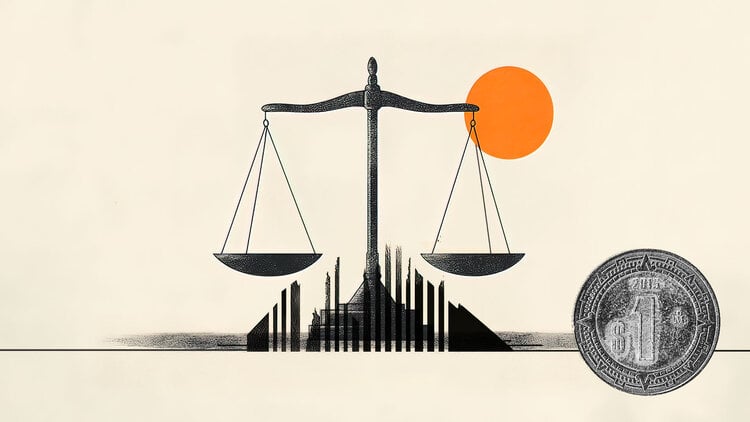Google will eliminate the infamous ones within the year third-party cookiessmall files that track users' activities, preferences and browsing behavior and on which they depend personalized advertisements on the sites that we will then consult below. Cookies have long been the cornerstone on which the online advertising industry was founded: advertising service providers exploit these cookies, codes loaded onto the device by services other than those we are visiting, to collect information and precisely show targeted ads. In short, they create a sort of anonymous fingerprint obviously but precise enough to show us the advertisement of a pair of shoes of a certain brand after we have carried out a couple of searches on that product.
An example? It's as if upon entering a large shopping center someone assigned us an identification code and traced all the shelves and articles that we stopped to observe, looked at with interest or measured. To then sell those preferences to another large shopping center, which if we ever frequent will recognize us at the entrance, presenting us with articles of the same type.
What's new? These third-party cookies will be removed from Google Chrome. Reason why specialized companies, and therefore also sites that are vehicles for advertising, a huge amount of information will be missing. The first consequence will be the advertisements we will see they will no longer be personalized but generic. Apple eliminated them from its browser, Safari, some time ago. This is what Mozilla did with its Firefox or DuckDuckGo. Google started its Tracking Protection on January 4 by knocking out the top 1% of Chrome users, around 30 million users: the basic option will be the one that keeps them disabled, although users – especially where cookies are essential for the efficiency of the site – will be able to choose to re-enable them. In fact, many people like tailor-made advertisements because they consider them more useful.
The online advertising sector, on which digital publishing (and not only) leverages, will obviously be overwhelmed. Because, in essence, There is a lack of equally effective alternatives for advertisers (although Big G has already started to inform about its decision a couple of years ago and offers a protocol, the Privacy Sandbox, to create advertisements that correspond as closely as possible to users' interests). There defense of privacy it is sacred, say the specialized companies, but in this way it will not be known which users to show what, with a consequent depreciation of the tariffs. And a drop in revenue for those who host those adverts on their sites.
Google's position in the advertising market, say some critics such as the Electronic Frontier Foundation, could even strengthen: Chrome will in fact track users' attitudes and activities, creating a sort of lighter version of the identikit to be passed to advertisers. By distancing the individual user even further from his tastes and tying them more specifically to a single device. Intermediate work that neither Safari nor Mozilla offers to advertisers. And from the end of the year only Big G will do.
For many news publishers – especially those without paywall mechanisms – the end of cookies will represent yet another push to change their model, as free information financed by advertising becomes increasingly less profitable.
More stories by Vanity Fair that may interest you:
- Google, this is how search changes
- Google, the new methods for increasingly sophisticated searches
Source: Vanity Fair
I’m Susan Karen, a professional writer and editor at World Stock Market. I specialize in Entertainment news, writing stories that keep readers informed on all the latest developments in the industry. With over five years of experience in creating engaging content and copywriting for various media outlets, I have grown to become an invaluable asset to any team.







